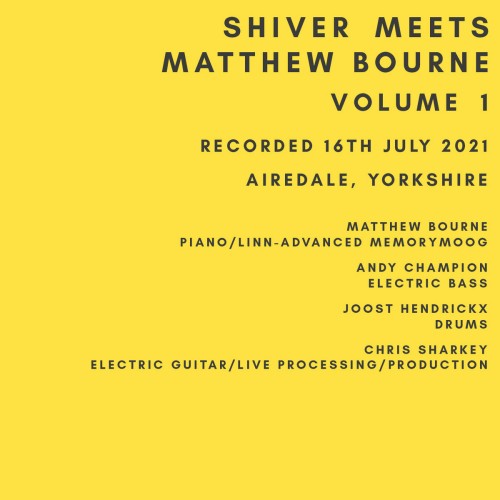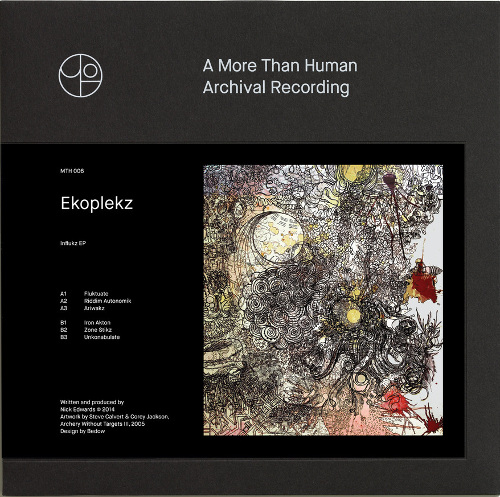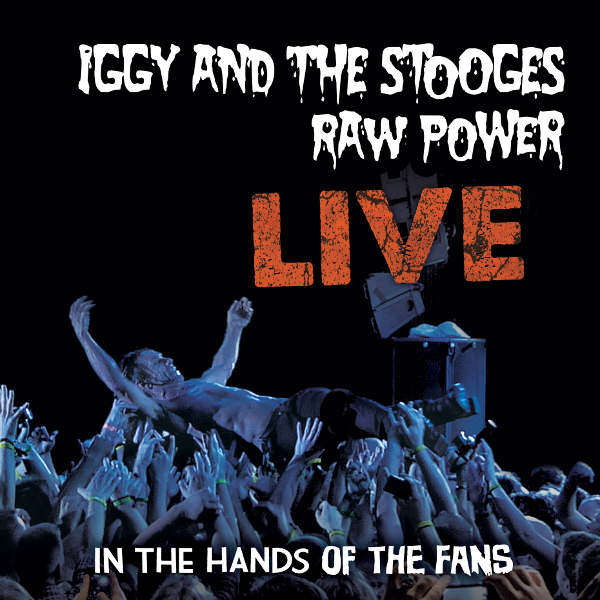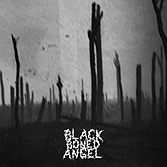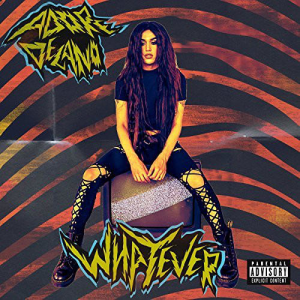 Adore Delano‘s third studio album is finally the record that we’ve all been expecting from the punk rock princess of season 6 of RuPaul’s Drag Race. Her first two albums, Till Death Do Us Party (2014) and After Party (2016) topped dance charts and are played all across the world. But now, Adore’s grungier side has made an appearance. Adore’s fans, as well as Drag Race enthusiasts and community, were sent into a frenzy upon the release of the single “Negative Nancy”, which showed a different, dirtier side of Adore we had been waiting to emerge in her music, in addition to her fashion and attitude.
Adore Delano‘s third studio album is finally the record that we’ve all been expecting from the punk rock princess of season 6 of RuPaul’s Drag Race. Her first two albums, Till Death Do Us Party (2014) and After Party (2016) topped dance charts and are played all across the world. But now, Adore’s grungier side has made an appearance. Adore’s fans, as well as Drag Race enthusiasts and community, were sent into a frenzy upon the release of the single “Negative Nancy”, which showed a different, dirtier side of Adore we had been waiting to emerge in her music, in addition to her fashion and attitude.
“Whole 9 Yards”, Adore’s “love spell to you all”, is filled with angsty lyrics and guitar, but still bears the typical dirty Delano style of lyrics, a mixture of a love song and piss-taking. The music video is the album art work come to life, a long haired wig, ripped jeans, smokey eyeliner and Doc Martens. Visually, the video is more towards the feminine side of Adore, but the vocals are noticeably more mature and scratchy than Adore’s previous works.
This track calls to mind both My Chemical Romance‘s “All The Angels” and Nirvana‘s “In Bloom” in an interesting way. But the lyrics seem to be a plea for life, for Adore’s life to not end, but also almost as if she’s pleading with her childhood heroes from the 27 Club to prove us wrong. Kurt Cobain seems to bear a heavy influence on this track, both musically and lyrically, but it could be anyone’s game. This song is more real and simpler than anything we’ve heard so far.
“Butterfly”‘s thumping beat drags you into heavy guitars mixed with hip-hop elements and enticing lyrics, playing around with gender and the blurred lines. A strange mix of Marylin Mansonesque vocals and chanting makes it feel similar to Adore’s other styles of songwriting without losing the punkiness that resonates throughout this record. “Pretty Boys Cry” resonates gently into broken hearts and shattered souls, shaking with the pain of lost love. The vocals on this track prove that Adore still has the tremendous voice that can twist to any genre and cover everything from Lana Del Rey to Nirvana. There’s a sort of old pain, the type that never fades in these chords and lyrics.
Adore has brought her ratchet couture into all aspects of her music with Whatever, in contrast to the dirty poppy hip-hop combination of Till Death Do Us Party and After Party. It appears that the rebellious side of Adore observed in her personality and aesthetic has slipped more and more into her music, as no more shits are given about what people think, even more than before. Delano has proved her musical versatility with Whatever, as well as showing us another more mature, confident side of Adore, while seeming to blend more of Adore Delano and Danny Noriega together to create a yellow (ie neither blue nor pink) genderless superstar taking the world by storm and pushing at — and breaking — society’s confining expectations.
Adore is becoming ever more an icon to represent our generation, as well as proving that it doesn’t matter what we are, more who we are.-Frankie Harmonia-
